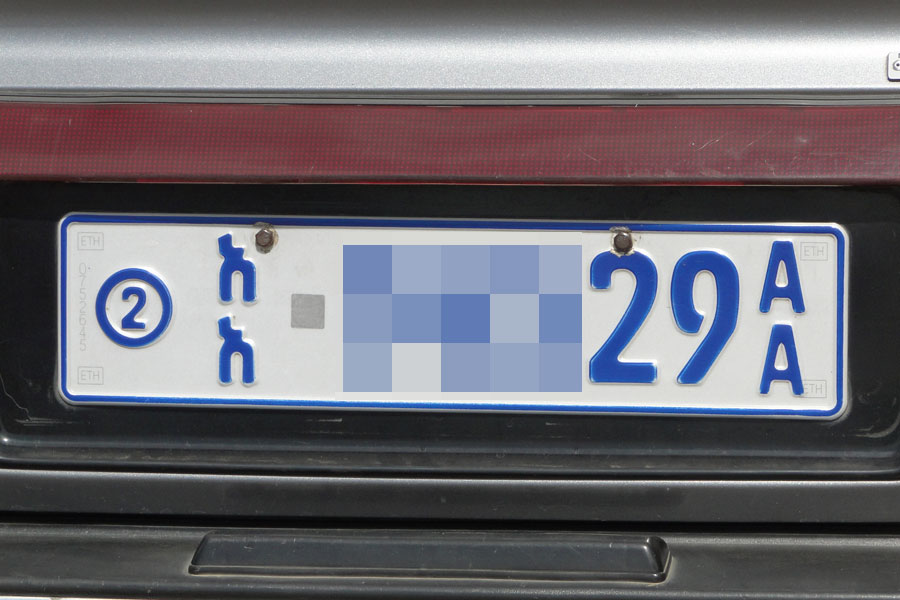
Life Matters | Jan 07,2022
The Association of Ethiopian Insurers filed a request to the National Bank of Ethiopia (NBE), seeking its approval of the threshold premium rate for two classes of business after a consensus was reached between executives of insurance firms. A move insiders say will be a game-changer to the industry, characterised by intense and cutthroat competition racing to the bottom.
Zamara Actuaries, a firm based in Kenya with 23 years of experience in the insurance industry, was contracted to study and proposed the new rate for the two policies. Although the actuaries were hired to do the same for all insurance policies, the process was prolonged, pushing members to prioritise the two policies—engineering and bond classes—that the executives believe require immediate action. Zamara conducted a premium adequacy test across all insurance policies before proposing the new rate, which is expected to be sufficient to cover claims costs, commission, management expenses, and contingency margins with a reasonable profit.
Yared Molla, president of the Association and CEO of Nyala Insurance, sees this as a beginning to introduce an economical rate that would take the insurance industry one step forward.
"We'll do the same for all policies afterwards," Yared told Fortune.
The Association picked these classes of businesses due to their high-risk nature. The engineering insurance policy gives coverage for risks faced during constructions, installation of machines and equipment, and the bond guarantees scheduled payments of interest and principal on securities in the event of default. Both are a part of the general insurance; together, they account for an average of 15pc of the premiums written by firms annually.
The actuarial certification, signed by the Executive Director, James Olubayi, has already been submitted to the NBE. Insurers are expected to charge a minimum rate of one percent for performance and customs bonds, while for advance payment bonds, the rate increased to 1.25pc. Premium thresholds for engineering have agreed to be between 1.1pc for residential buildings and 2.7pc for petroleum tank farms.
The actuaries also set minimum deductibles for both bond and engineering policies. For third-party property damage, policyholders would pay between 80,000 Br and 400,000 Br depending on the discount rate, which is not expected to exceed about 25pc, or the amount the insured pay on top of the standard premium charged by the firms.
According to Tibebu Tesfaye, chief executive officer of Global Insurance, the threshold insurance policy benefits the firms and secures policyholders.
His firm was established 24 years ago and had written over 100 million Br in premiums by the end of the third quarter of the year.
Tibebu welcomed the Association's decision in introducing the threshold rate with the two policies.
"If the unfair competition continues in bond and engineering insurance policies, it will affect the ability of firms to pay claims as they cover a bigger risk than any other products," said Tibebu.
The threshold rate will be applied by all 17 insurance firms, which have written premiums of 11.3 billion Br last year in both life and non-life insurance. The actuaries are preparing threshold rates for motor insurance, accounting for more than half of insurers' portfolios.
A veteran in insurance and revered in the industry, for Zafu Eyesuswork, this is not enough.
"Minimum rate does not add anything significant to an industry characterised by unfair competition," he told Fortune. "Add to this the absence of a strong regulatory body that helps the insurance industry thrive and ensure there is an equal playing field for industry players."
The state-owned Ethiopian Insurance Corporation (EIC) commands more than half of the market share, enjoying a preferential treatment from public institutions and state-owned enterprises.
PUBLISHED ON
Jun 19,2021 [ VOL
22 , NO
1103]

Life Matters | Jan 07,2022

Fortune News | May 21,2022

Fortune News | Oct 20,2024

Viewpoints | Sep 27,2025

Commentaries | Dec 19,2021

Editorial | May 23,2021

Viewpoints | Oct 02,2021

Radar | Aug 28,2021

Commentaries | May 21,2022

Viewpoints | May 23,2021

Dec 22 , 2024 . By TIZITA SHEWAFERAW
Charged with transforming colossal state-owned enterprises into modern and competitiv...

Aug 18 , 2024 . By AKSAH ITALO
Although predictable Yonas Zerihun's job in the ride-hailing service is not immune to...

Jul 28 , 2024 . By TIZITA SHEWAFERAW
Unhabitual, perhaps too many, Samuel Gebreyohannes, 38, used to occasionally enjoy a couple of beers at breakfast. However, he recently swit...

Jul 13 , 2024 . By AKSAH ITALO
Investors who rely on tractors, trucks, and field vehicles for commuting, transporting commodities, and f...

Oct 25 , 2025
The regulatory machinery is on overdrive. In only two years, no fewer than 35 new pro...

Oct 18 , 2025
The political establishment, notably the ruling party and its top brass, has become p...

Oct 11 , 2025
Ladislas Farago, a roving Associated Press (AP) correspondent, arrived in Ethiopia in...

Oct 4 , 2025
Eyob Tekalegn (PhD) had been in the Governor's chair for only weeks when, on Septembe...